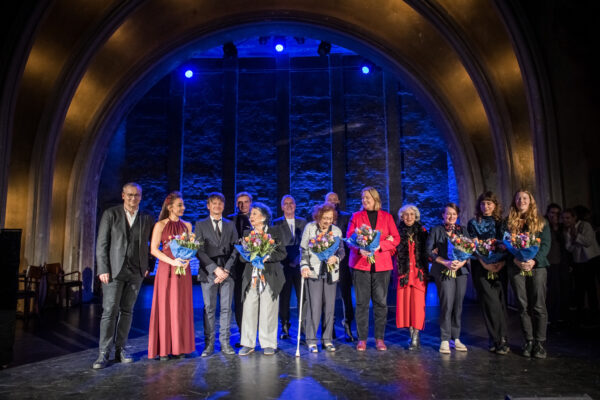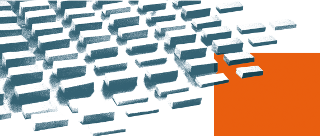Arnold Julius was born on 11 April 1920 in Flatow (West Prussia) and had a happy childhood with his parents and siblings. His father was a synagogue official in the Flatow Jewish community and the family was well integrated into the small town. However, everything changed in 1933. Once Arnold had completed his school-leaving certificate he could not get an apprenticeship. In 1934, the then 14 year-old therefore left home to go and live in Berlin, where he lived in the Jewish home for apprentices in the district of Pankow. He completed an apprenticeship as a leather cutter in a shoe factory in Pankow.
»So I went there wearing my Ritterkreuz and I said officer, I’ve lost my ID card«. This is one quotation from Arnold Julius, who would talk about the worst time in his life in his inimitable Berlin accent. His life was marked by exclusion, terror, persecution and forced labour, first in Berlin and from 1943 in Auschwitz, a living hell which he endured for two years. He barely spoke about Auschwitz during the rest of his life, only breaking his silence a few years ago. Fragments and rare anecdotes indicate what Arnold Julius suffered and survived there.
Arnold was the only member of his family to survive the Holocaust. He subsequently returned to Berlin: »Where else was I supposed to go? I didn’t know anywhere else.« He ran a shoe shop in the Neukölln district of Berlin until his retirement. His down-to-earth and warm-hearted nature enabled him to lead a quiet and unassuming life in a country burdened by its past.
Arnold was passionate about football and supported the team Hertha Berlin. His sense of humour, his typical Berlin ›brashness‹ and his zest for life were enjoyed by all those who had the pleasure to know him.
Arnold Julius died surrounded by his family on 19 June 2012. He was 92. Our thoughts and sympathy go out to his wife Edith, his daughter Martina and his granddaughter Franziska.
The Foundation Memorial to the Murdered Jews of Europe and Arnold’s many friends mourn this silent hero and wonderful man.
Andreas Kossert
and
Foundation Memorial to the Murdered Jews of Europe






